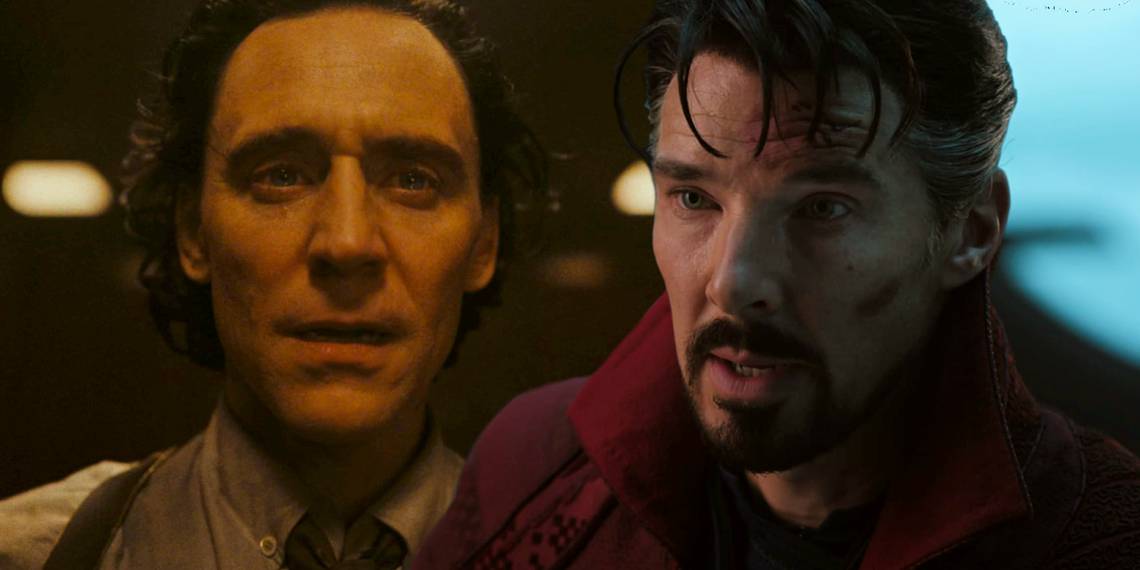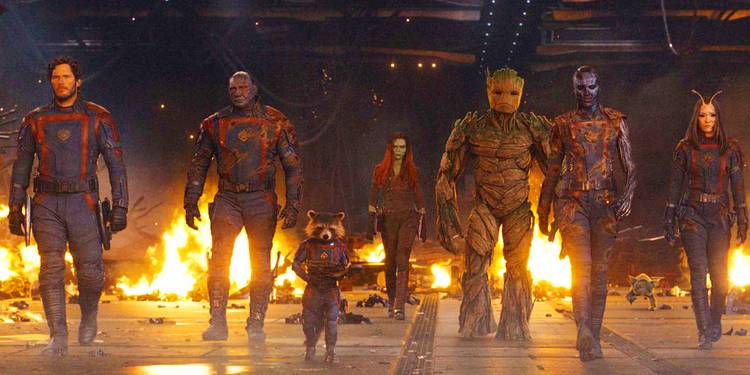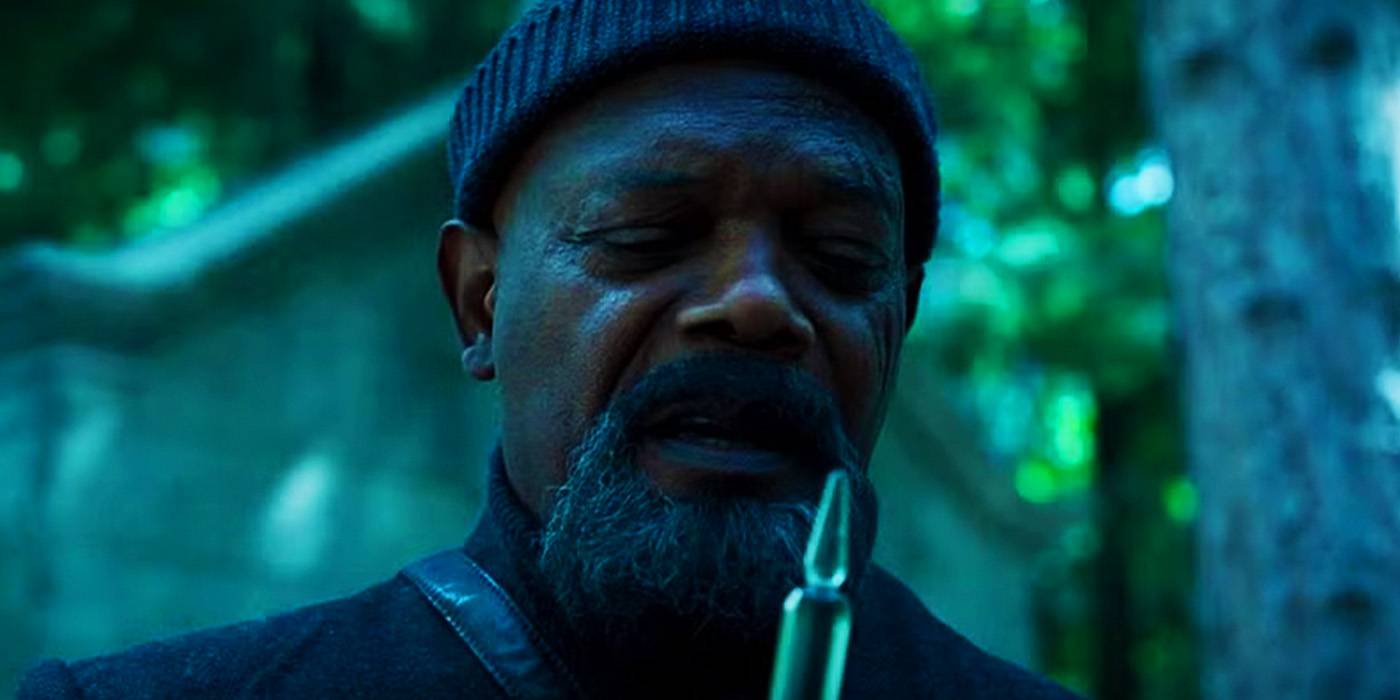
In the ever-evolving landscape of cinematic universes, the Marvel Cinematic Universe (MCU) stands as a juggernaut, continually expanding its narrative web across theaters and streaming platforms. However, recent developments signal a deliberate shift in strategy as Disney, the parent company overseeing Marvel Studios, announces plans to decelerate the MCU’s output. While this decision may appear prudent on the surface, it’s accompanied by potential risks and challenges that warrant careful consideration.
At the heart of this strategic shift lies the recognition that the MCU’s rapid pace of production, particularly evident in Phases 4 and 5, has reached a tipping point. CEO Bob Iger’s announcement of a reduced output reflects a need to rein in the overwhelming influx of content, a sentiment echoed by industry insiders and audiences alike. Delays in premieres for highly anticipated projects such as “Captain America: Brave New World” and “Thunderbolts” have underscored the complexities of managing multiple productions amid external factors like industry strikes.
The decision to slow down the MCU’s release schedule is not merely a response to logistical challenges but also a recognition of the need for qualitative improvements. Despite the franchise’s enduring popularity, recent MCU entries have faced criticism for inconsistent storytelling, lackluster CGI, and other creative shortcomings. While projects like “Loki” and “Guardians of the Galaxy Vol. 3” have garnered acclaim, they stand as exceptions in a landscape marked by mixed receptions and diminishing returns.

Marvel Studios’ commitment to addressing these issues is evident in its proactive approach to reevaluation and course correction. By extending production timelines and adopting a quality-over-quantity ethos, the studio aims to elevate the standard of its storytelling and visual craftsmanship. However, this transition is not without its challenges, particularly concerning audience engagement and retention.
While dedicated Marvel enthusiasts may eagerly await the fruits of this strategic pivot, there’s a looming risk of disenchantment among casual moviegoers. The prospect of a prolonged hiatus in MCU releases could test the patience of broader audiences, potentially leading to waning interest and disengagement. Moreover, the competitive landscape of the entertainment industry means that rival franchises are poised to capitalize on any perceived weaknesses or lulls in the MCU’s momentum.

Ultimately, the MCU’s decision to prioritize quality signals a commendable commitment to artistic integrity and audience satisfaction. However, navigating the delicate balance between maintaining momentum and fostering creative excellence requires astute management and agile adaptation to evolving market dynamics. As the MCU charts its course through this transitional phase, it faces both challenges and opportunities in shaping the future of cinematic storytelling.
We bring out some of the most well-known MCU collection, all of which are available at reasonable costs. Visit our link now if you are interested in the MCU collection


Yondu Udonta, Okoye, Shuri, Nakia, M’Baku